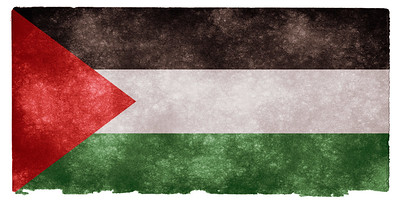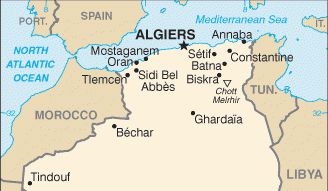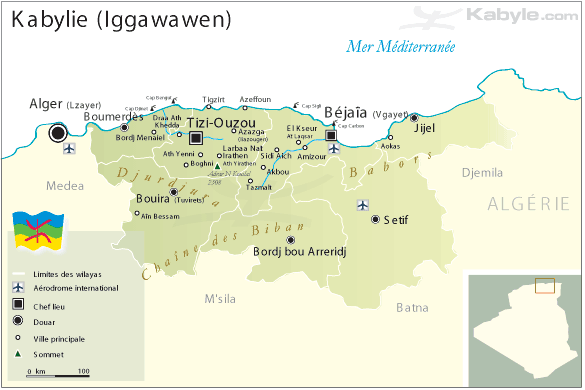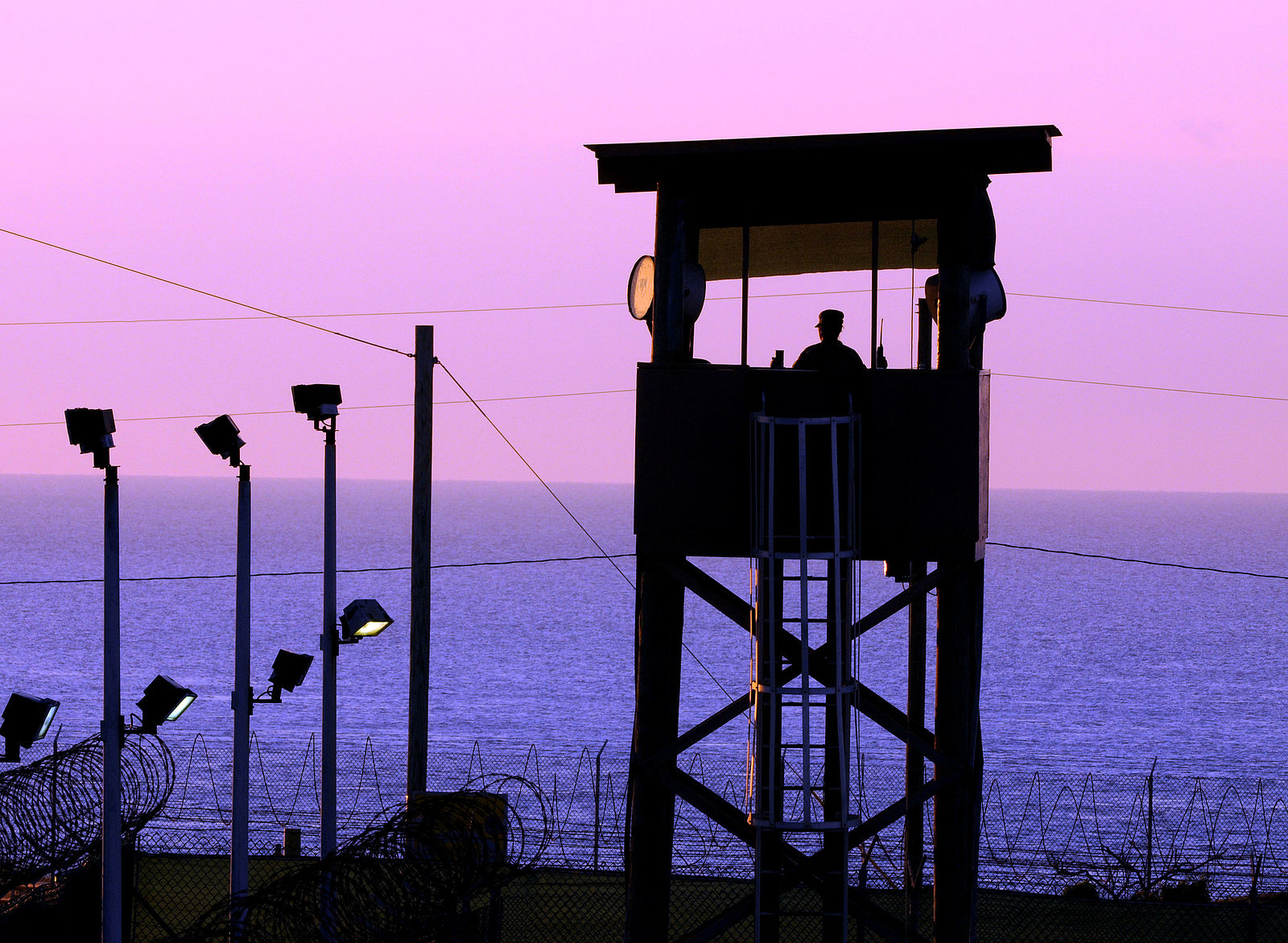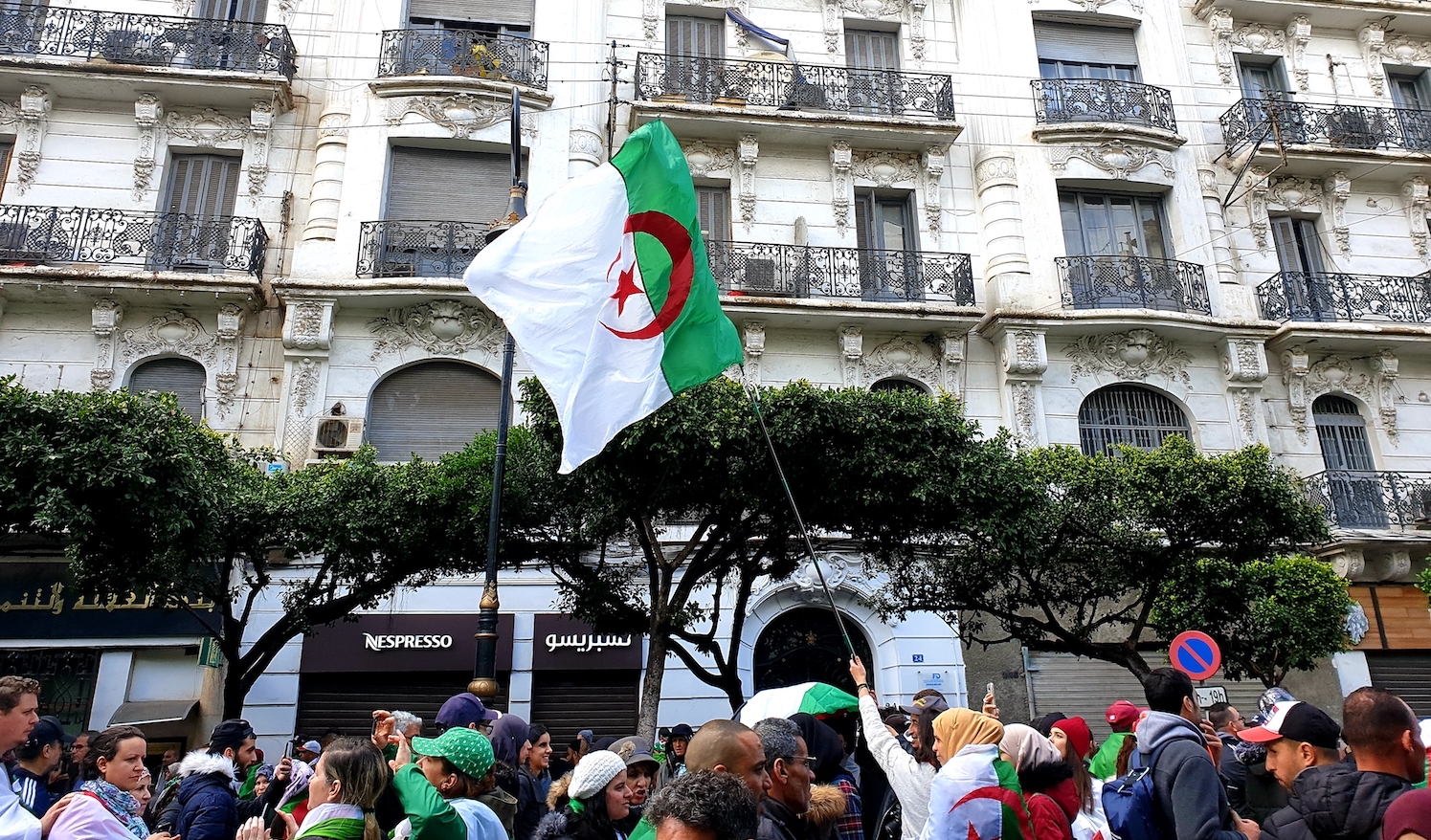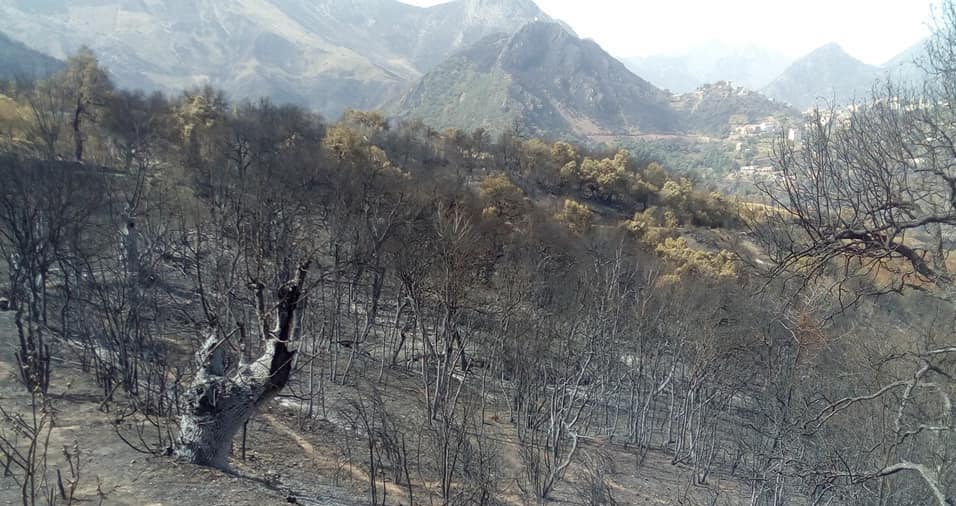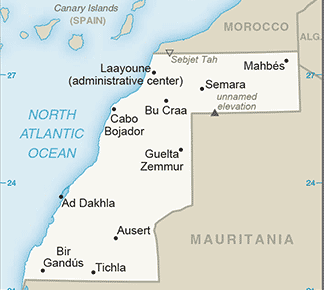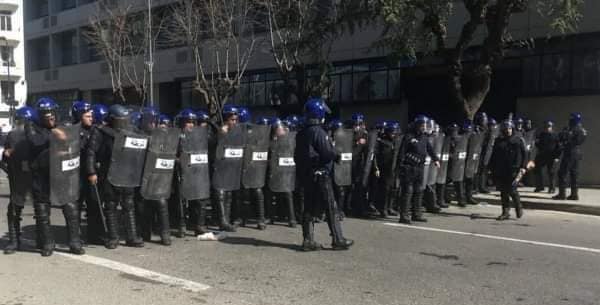
Intercepted migrants disappear in Tunisia
More than 600 asylum seekers and migrants have gone missing after being intercepted by the Tunisian Coastguard in the Mediterranean Sea. The group was picked up while trying to make it to Europe last month, along with 18 dead bodies, and hasn’t been heard from since. Monitoring groups suspect they were dumped in Tunisia’s desert border regions with Libya and Algeria—a common practice. The EU has supported Tunisia in recent years to crack down on migration, even as reports of abuse have multiplied. (Map: Google)



